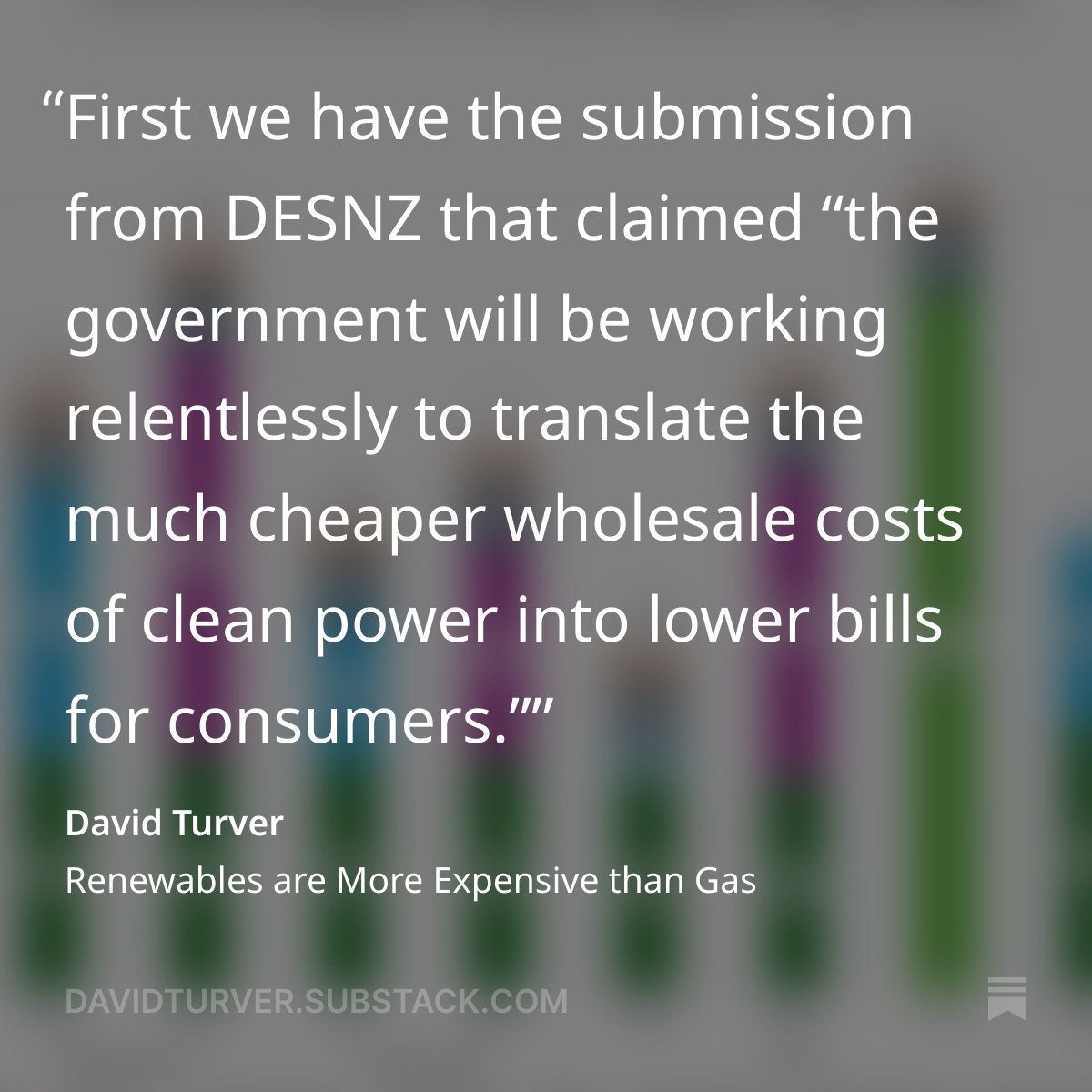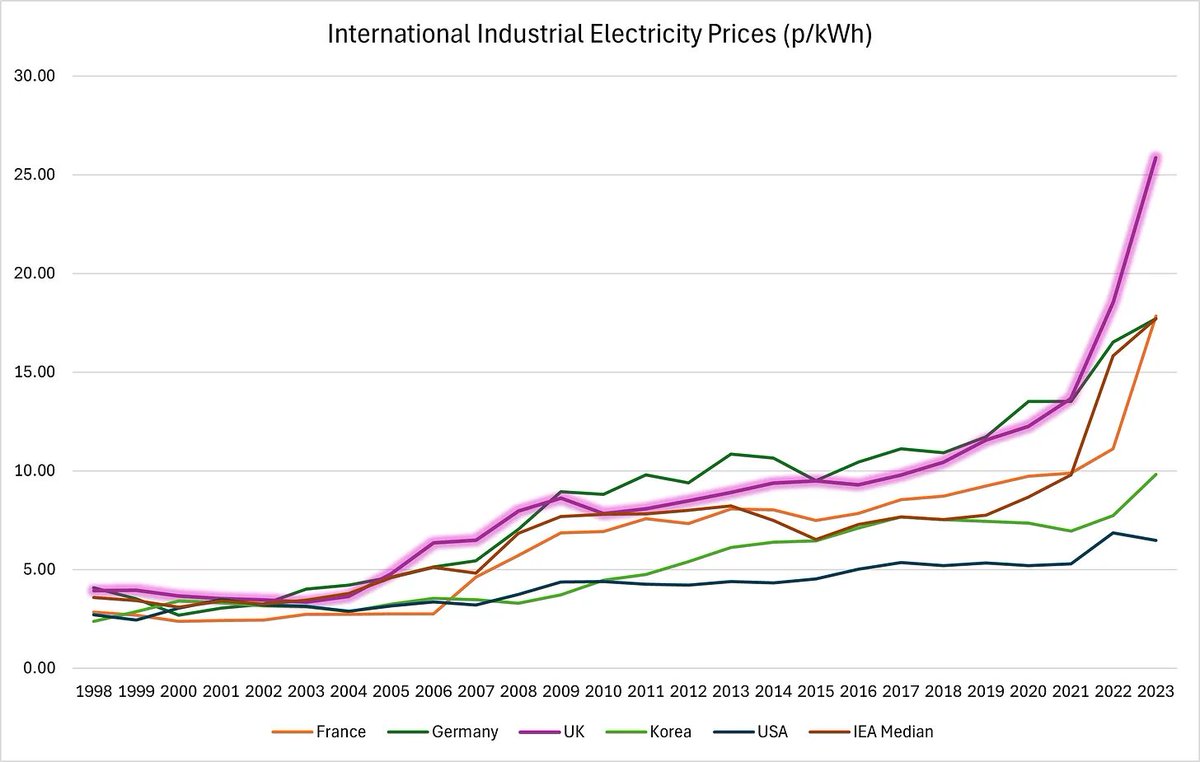Net Zero is a far-left tyrannical Death Star, cloaking state control as climate action. It crushes free markets with subsidies & bans. Time to fight for freedom! #NetZeroTyranny (1/11) 

On the Political Compass, Net Zero is far-left: massive subsidies for renewables, bans on oil/gas, & Soviet-style plans like Miliband’s Clean Power 2030. No free market here! #NetZero (2/11) 

Net Zero is peak authoritarianism. The Climate Change Committee (CCC) overrides Parliament, mandating how we heat homes, drive, & eat. Tyranny, not progress! #FreedomVsNetZero (3/11) 

Energy Act 2023 gives gov’t power to control your EV chargers, fridges, & washing machines. Net Zero means Big Brother in your home. Resist! #NetZeroTyranny (4/11)
CCC wants 1/3 less meat, half the livestock, & “alternative proteins” (think insects). UKFIRES plans to shut airports and ban beef & lamb by 2050. This is dystopian! #NetZero (5/11)
The Behavioural Insights Team (aka Nudge Unit) pushes meat taxes, pricey flights, & propaganda in TV dramas. They’re manipulating your choices to enforce compliance. #WakeUp (6/11)
National Energy System Operator plans to HALVE energy use per person & charge more at peak times. Net Zero puts the grid over your needs. But there's no low energy rich countries & life expectancy is correlated to GDP #EnergyFreedom (7/11) 

Net Zero zealots show Dark Triad traits: narcissism (soup on art), Machiavellianism (media manipulation), & psychopathy (ignoring economic ruin). #NetZeroTruth (8/11)
The Energy Jedi are rising! NZ lifts oil/gas bans, Trump exits Paris Accords, & EU wavers. Freedom & markets will destroy the Net Zero Death Star. #EnergyJedi (9/11)
UK’s Net Zero policies face scrutiny, but the Climate Change Act stands. Keep firing proton torpedoes to end this tyranny! Join the fight! #DestroyNetZero (10/11) 

If you enjoyed this thread please like and share. You can sign up for free to read the full article on the link below (11/11):
open.substack.com/pub/davidturve…
open.substack.com/pub/davidturve…

Hi @threadreaderapp unroll please.
• • •
Missing some Tweet in this thread? You can try to
force a refresh





















